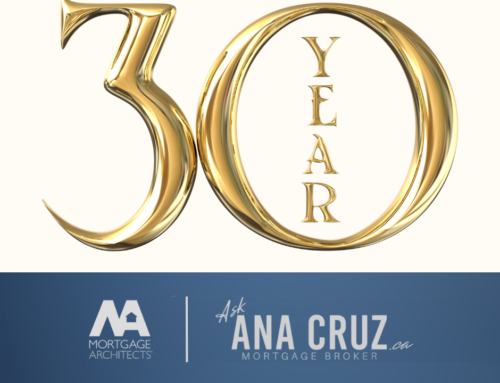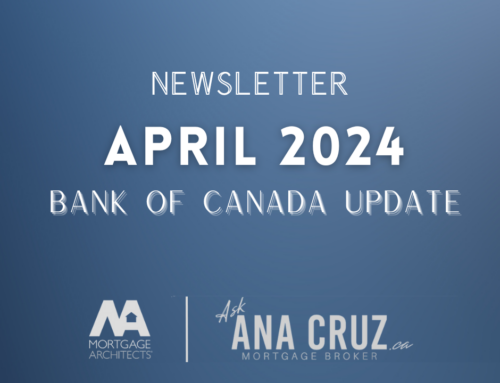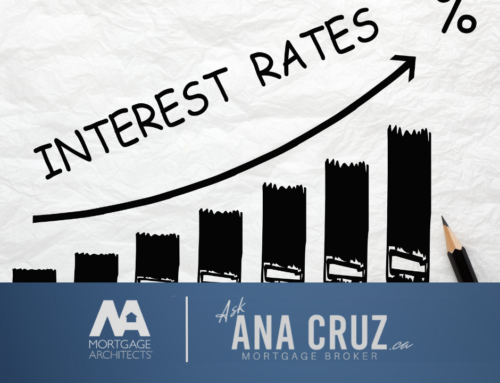Date: May 30, 2022
Category: Blogs,Mortgage Tips & Advice
We are pre-approved for a variable rate, but we wonder if we should move to a fixed rate?
If you are wondering the same question, you are not alone. Many of our pre-approval clients have asked us if they should switch from a variable pre-approval to a fixed pre-approval, so here is our response.
Let’s assume you currently have a variable pre-approval at prime – .70%, and that would make your rate today’s writing 3.20% – .70% = 2.50%
The current fixed rate for the same product (5-year term, 25-year amortization, high ratio mortgage) is 4.39%
As you can see, that’s a difference of 2.40% if you take the variable rate.
Here is an excellent way to view the fixed and variable rate.
If you take a fixed rate, you are paying for peace of mind; the difference in rate is your “insurance” that, over the next five years, you will not have to pay more per month on your mortgage payment.
If you take a variable, you know and expect your payment to increase and decrease. Historically, by taking variable, most people save thousands of dollars in interest as long as they have a strategy for when the rates go up.
Now the key here is, if you are the type of person who cannot sleep at night because you are worried about the variable rate on your mortgage, then right there – you are a fixed product kind of person. If you are prepared to weather the ups and downs of the variable rate, then you should choose variable.
One last factor is that a fixed-rate mortgage has a penalty typically 8-9 times higher than a variable mortgage, making your options for change limited in the future without a high penalty cost.
Only you can decide if variable or fixed is best for you, but given the information above, this should help you determine what kind of borrower you are.
A critical factor to remember is the fact that the Stress Test means you must qualify for a mortgage using a rate of 5.25% or your contract rate + 2%, whichever is higher; this may not affect you now, but as the rates increase, so will your qualifying rate. Do not confuse the Stress Test with the contract rate for your new mortgage. The Stress Test is the qualifying rate the lender uses to ensure that you qualify to carry a mortgage higher than the current rate you have. For example, if your rate is 4.74%, you are qualifying at 6.74%, which is the higher of the two and often, a client may choose a variable rate as it allows for a higher purchasing power. This is where you need a strategy and a Mortgage Broker to explain this in more detail.
Want to connect?
Ana can be reached at 905.870.0513 or you can email her at ana@askanacruz.ca
Want to hear what other people are saying about Ana Cruz, Mortgage Broker with Mortgage Architects? Click here





